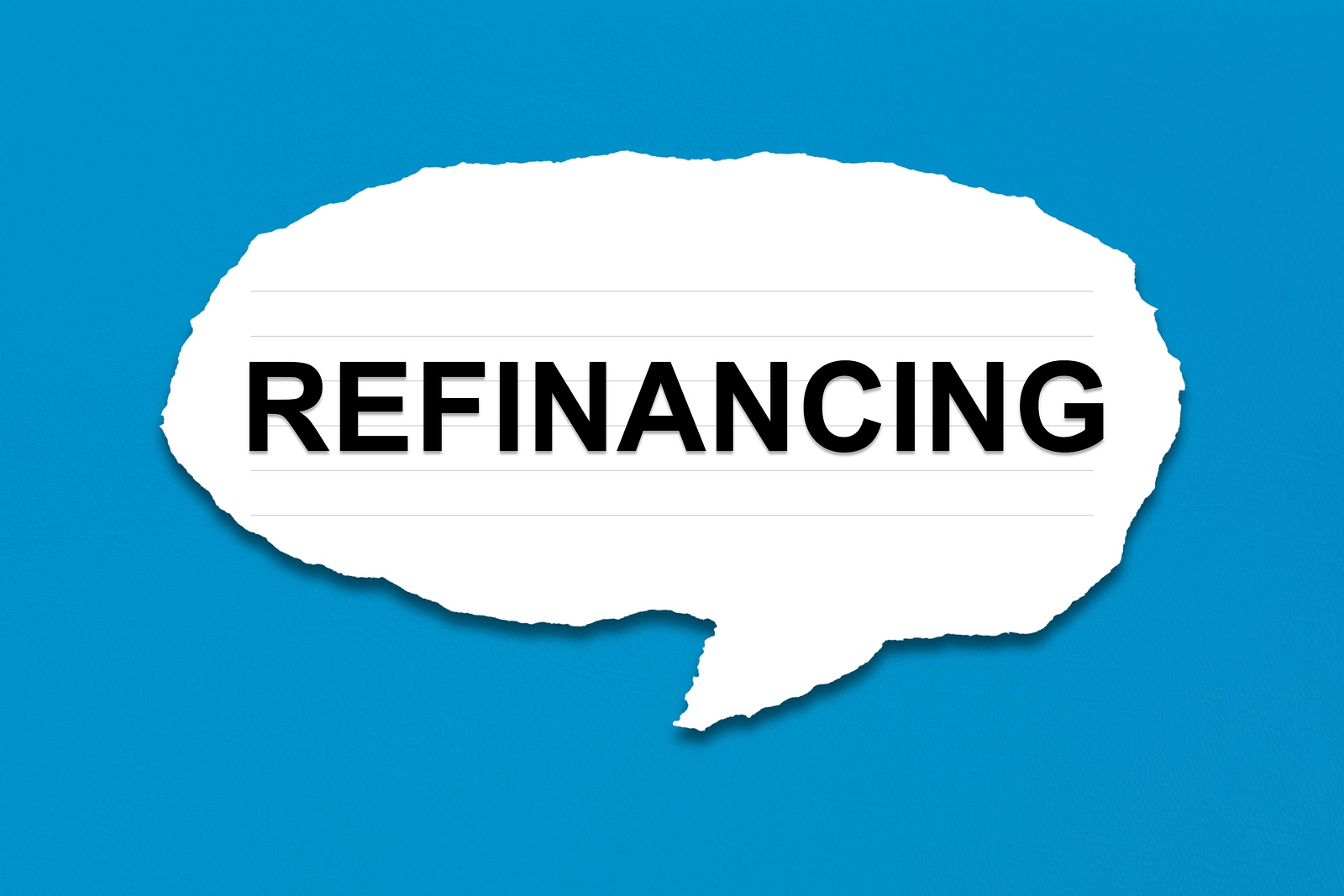
Buying a home at any stage of life poses financial considerations and challenges to overcome. Buyers at the start of their careers tend to lack financial capital, while those more advanced in their careers have retirement savings and other financial demands to consider, and retired buyers have a smaller monthly income than those with regular pay checks. Each phase of life requires its own approach to mortgage strategy and below you can find some home buying and financial planning tips to help you make the correct decisions when it comes to your mortgage.
There are three basic principles to consider when mortgage planning.
Closing Cash
Almost every mortgage requires a down payment that ranges between 3 to 20 percent of the properties price. However, closing costs are also required in any home purchase and usually range between 1 to 3 percent of the home price. These costs include escrow fees, taxes, etc.
Monthly Outgoings
As well as monthly mortgage payments, as a home owner you will have to pay for insurance, property taxes, utilities and maintenance and home repair costs.
Equity
The equity of your home is the percentage of the property’s value that is not financed. Increased property value of your home and paying down mortgage loans increases the equity of your property.
These three factors have differing affects on mortgage planning depending on the stage of the buyer’s life.
First Time Buyers
Buyers early in their careers have less savings and access to funds for a down payment. Putting a 20 percent down payment on a property results in smaller monthly costs, but this is often not an option for many first time buyers. A 3 percent down payment is much more feasible and can be a way to make the first step in home ownership.
A 3 percent down payment on a home that costs $250,000 is $7,500, whereas a 20 percent down payment is $50,000. The difference is in the costs of the monthly payments of the mortgage. A $7,500 down payment on a 3.5 percent 30 year fixed rate mortgage would result in monthly payments of around $1,600, inclusive of mortgage, taxes and insurance. A down payment of $50,000 would result in monthly costs of around $1,203.
A 3 percent down payment has monthly costs that are $397 more expensive but requires $42,500 less in upfront down payment. Remember that closing cost will also need to be considered on top of a down payment, on a $250,000 property they would range from $2,500 to $7,500.
Mid-Career Buyers
Monthly costs are often a key consideration for mid-career buyers as saving for retirement and college tuition for their children can add to monthly expenses.
Using the same example of a home that costs £250,000, a mid-career buyer is left with same decision of paying an extra $397 a month and save $42,500 in upfront costs or a $50,000 initial down payment and lower monthly costs.
By going for the lower down payment the buyer would have monthly costs of around $1,600, and after tax deductibles would have a monthly cost of around $1,312. Potential buyers can then compare the monthly cost of $1,312 with the cost of similar rental properties in the area.
By comparing the rent vs. buy scenarios you can evaluate whether buying a property offers the opportunity to conserve cash and increase assets. Financial and mortgage advisers can help you find the right balance between monthly costs and maintaining cash liquidity.
Retiree Buyers
Buyers that are retired or late in their careers have to factor in living on a lower monthly income. Home owners that have equity in their property but a small monthly income from savings or pensions have several options to utilize the value of their home.
A reverse mortgage enables home owners to release equity from their home in to a monthly cash income.
A home equity loan allows the owner to release cash from their property in a similar way to a traditional loan. The cash is released in one lump sum and requires monthly payments.
Selling the property and a buying or renting a cheaper home enables the release of cash.
A home buying or mortgage plan requires preparation and research. Like any other investment plan, home ownership planning is more profitable when started earlier. As a home owner pays off their loan, and as the property value rises, the buyer’s equity of their home increases.


















